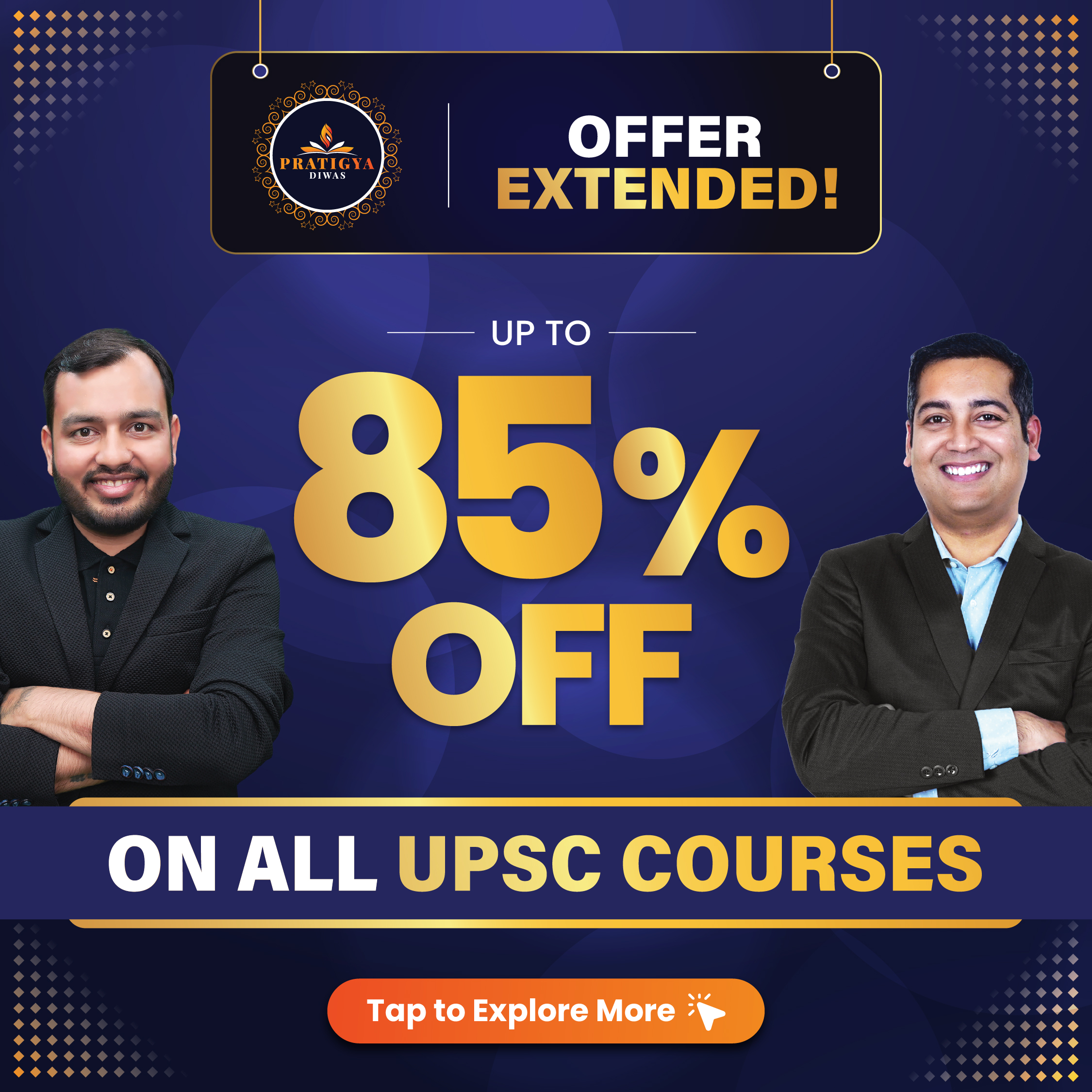Some of you might have wondered why some competitive examinations or academic entrance tests have an Essay Paper as mandatory one. The simple reason is that just as from a painting you could tell about the vision of the artist, similarly a piece of writing can tell the reader about the thought process of the writer. The same painting or a set of lines could mean differently to two people just as the same glass of water is half full or half empty to two different types of people. Any organization, be it private or government wants employees who can carry forward their vision with zeal and positive connotation.
Hence, writing being a window to one’s thought process, tells how a person thinks, or argues, or keeps forward own points or substantiates his/her viewpoint. In the Civil Services Exam also, there is an Essay Paper of 250 marks, which is equivalent to the General Studies Paper. Despite the significant reason it carries behind, it does not get due attention from the aspirants. Some think they can write a brilliant in the final exam without practice here, whereas some experienced ones think that having been well-read in the GS Papers, they are capable enough to write a good essay in the exam. Both the kinds are faulty at their calculations and fatal too. Even some toppers have acknowledged this wrong mindset being the cause of low scores in their earlier unsuccessful attempts.
“Candidates may be required to write essays on multiple topics. They will be expected to keep closely to the subject of the essay, to arrange their ideas in an orderly fashion, and to write concisely. Credit will be given for effective and exact expression.” Those who think that Essay and GS answers carry similar sense and content could be used exchangeably, then they should know that what distinguishes Essay paper from the other GS papers is that marks in GS papers are explicitly for that type of related content, but Essay paper is kept just not to see the content but the language, coherence and the way arguments are lined up to explain one’s viewpoint.The ideas cannot be put up here randomly but have to be arranged in an orderly fashion as UPSC says along with least spelling or grammatical errors.
Most of the content will obviously come from your GS Preparation. The rest probable sources could be-
For instance, Special editions on tribal issues, education, public health can give you the latest statistics and major developments in this field to substantiate your points while writing answers.
For instance, Why Nations Fail, will tell you the significance of innovation, political and economic freedoms in propelling a nation forward. This does not come as a suggestion that you should start reading non-fiction for each of the topics that coincides with your Syllabus just to score well in Essay, but trying to read them occasionally in free time may reap examples in the long run as well.
You can also deliberately work out some quotes of eminent persons on major themes to enrich your essays.
Note them down somewhere, find the meaning and understand the context of use. This will help in long-term retention.You may take the help of a dictionary app on your phone as well.
GS Answers are advised to be inclusive of this definitional approach when it is to introduce your answers but in Essay they seem to lack that human element and warmth and appear rather stale.
The styles that can be used to spin our essay around the given topic, depends on the nature of the topic and goes as follows-
The transitions from one Para to another plays a role in building the coherence of your essay. It can be done in 3 ways-
The main body of your essay should have an argument or an idea Which can be substantiated through an example, statistics, data-facts, or any recommendation of an authentic committee or report, expert opinions, constitutional provisions, etc.
The conclusion should be the best of your piece and can consist of types below-
Note: If you have written about a fictitious character in your introduction, then it is always advisable to end it with a reference to the same character because it imparts completeness.
There may be many more ways other than mentioned in this article, but remember to adopt a risk-free approach and stick to the conventional wisdom rather than failing miserably by experimenting. It ends up costing you not just an attempt but much more than that!
<div class="new-fform">
</div>
